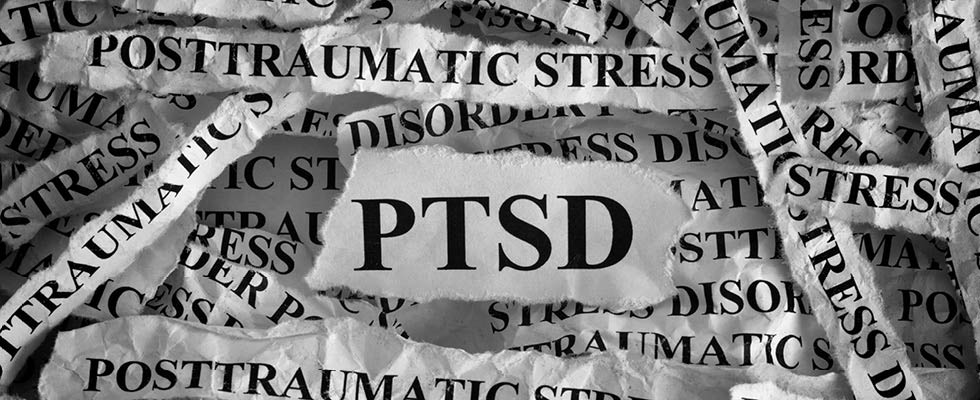
It’s not unusual for people who have been in the vicinity of a gas explosion, whether physically injured or not, to claim they suffer from Post-Traumatic Stress Disorder (PTSD) as a result. According to the Mayo Clinic, “… PTSD is a mental health condition that is triggered by a terrifying event — either experiencing it or witnessing it. Symptoms may include flashbacks, nightmares and severe anxiety, as well as uncontrollable thoughts about the event.”
However, each case is different and not all those who are in the vicinity of an explosion will have PTSD as a result. So, it is important for the defense of the propane distributor in such cases to make a careful examination of the PTSD claim, as well as the credentials of the expert offered to support it.
Fireball
A case decided in the state of Washington last October illustrates the point. A retailer dispatched a service technician in response to a customer’s call for service.
After the technician arrived, during the course of his work, he attempted to light the water heater’s pilot light. The customer alleged that he was kneeling beside the technician next to the water heater and that “when he [the technician] pressed the ignition” there was “an orange and white fireball” that blew the customer back.
He alleged that he hit his head when this happened. There was no evidence that the technician was hurt in the alleged incident.
Missed Deadlines
In November 2019, the customer filed suit against the retailer, claiming that its technician had not followed proper procedures. He claimed that as a result of hitting his head, he suffered “severe headaches, vision disturbances and PTSD.” The retailer denied that its employee had violated its procedures and submitted discovery requests to seek the basis for the PTSD claim. These were ignored. The court set a schedule for each party to disclose the witnesses it intended to call at trial. By December 2020, these deadlines had passed, and the plaintiff had not disclosed any witnesses. The retailer then made specific discovery requests, including requests for the identity and opinions of any expert witnesses. The plaintiff ignored these requests as well.
In June 2021, the retailer filed a motion for summary judgment, arguing that the plaintiff did not have medical expert testimony to support his damages claims. Specifically, it stated that the plaintiff had no testimony to connect his alleged PTSD and other maladies to the water heater incident.
Causal Connection
In response to the retailer’s motion, the plaintiff for the first time identified an expert witness who contended there was indeed a connection between the plaintiff’s alleged PTSD and the incident. Inexplicably, this witness had provided his evaluation to the plaintiff’s counsel in 2018, but this had not been disclosed to the retailer. The retailer responded that the newly disclosed opinion was untimely. It added that the expert was unqualified to offer medical opinions, and that in any event the opinions were unreliable.
In July 2021, the trial court granted the retailer’s summary judgment motion, dismissed the lawsuit and awarded costs. It concluded that the plaintiff’s expert was not qualified to provide an opinion on whether the plaintiff’s alleged PTSD was caused by the hot water heater event. In response, the plaintiff appealed.
The appellate court addressed the qualifications of the plaintiff’s expert. He was not a medical doctor. He held a Ph.D. in psychology and education, but his experience and training were focused on management and organizational development. While in the United States Army, he did serve as chief psychologist at a base in Germany, but this assignment ended in 1982.
Training & Experience
The court noted that while practical experience can be enough to qualify a witness as an expert, the testimony of an otherwise qualified witness cannot be admitted in evidence “if the issue at hand lies outside the witness’ area of expertise.” And that, it concluded, was the fatal problem for the plaintiff’s expert.
The court agreed that the expert was well qualified to provide certain types of opinion testimony, such as in management and organizational development.
However, even though he was a psychologist, he did not have the training and experience necessary to offer medical opinions on brain injuries or psychological conditions. The court stated the following:
“… offering opinions related to the cause of plaintiff’s PTSD is outside of [the expert’s] area of expertise. The overwhelming majority of his education and experience is in the field of organizational psychology and management, not in clinical psychology or any field that focuses on diagnosing, treating or researching PTSD. His only relevant experience was almost three years of clinical work in the army about 40 years ago.”
Physical Injuries
The court concluded that the plaintiff’s expert also could not testify as to alleged physical injuries:
“Nothing in the record before this court demonstrates that [plaintiff’s expert] has the expertise to offer opinions on the cause of PTSD. Further, because he has no education or training in medicine, he was not qualified to offer an opinion on causation as it relates to plaintiff’s physical injuries, such as the headaches and vision disturbances.”
Lacking qualified expert testimony, the plaintiff “failed to show any admissible evidence establishing causation for his claim.” The court therefore affirmed the lower court’s grant of the retailer’s motion for summary judgment and awarded costs.
Many plaintiffs claim that they have conditions like PTSD arising from an explosion. However, even if a plaintiff has PTSD, it is still the plaintiff’s responsibility to present evidence that the PTSD was actually caused by the incident in question.
While in this case there is some reason to question the diligence of the plaintiff’s counsel in presenting such evidence (and, for that matter in pursuing the lawsuit), the court’s opinion provides a good reminder to all defendants to carefully examine the qualifications of adverse experts, and to challenge those qualifications where appropriate.


